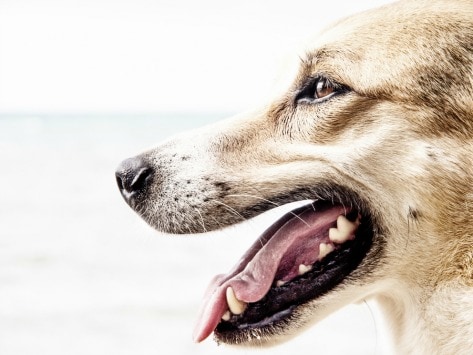For many years, it was assumed that the source of allergens in cats were their hair. But now it’s recognized that
cat dander is the culprit. The dander’s light weight makes it easier to
become airborne and be spread throughout the home. When examined under
the microscope, cat dander is composed of dry skin of cats. The
particles are about 1/10th of a dust mite’s size. The skin particles are not really the allergen but the factor that they contain which is known as Fed D1.
Fel D1 is type of protein that is found in the sebaceous skin glands of cats, saliva, and urine. During grooming, the Fel D1 is spread on the cat’s body with their saliva. Studies have shown that Fel D1 production differ in cats. Cats t hat have not been spayed or neutered tend to produce more of the allergen. Intact male cats also produce more of Fel D1 compared to female cats. Some feline breeds also produce less of the allergen than other breeds of cats.
If your cat suffers from persistent itching, make an appointment with your animal clinic Lakewood Ranch, FL so your pet can be examined and given appropriate treatment.






